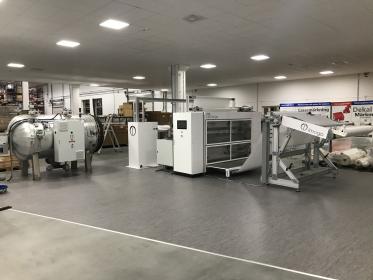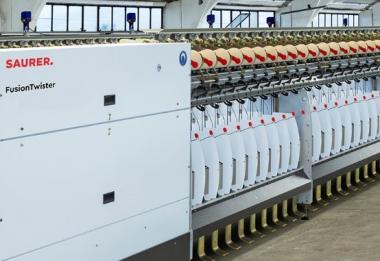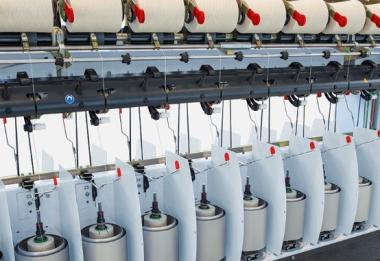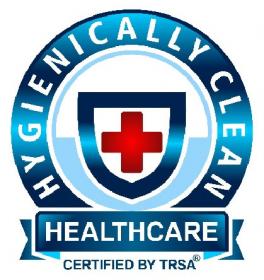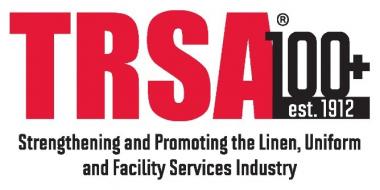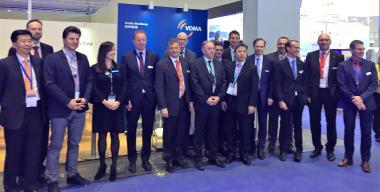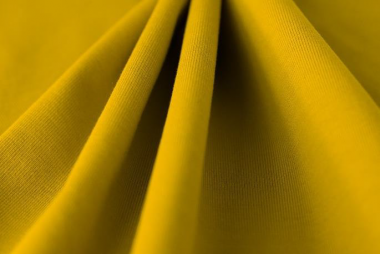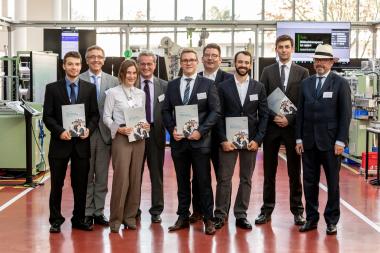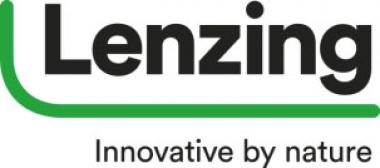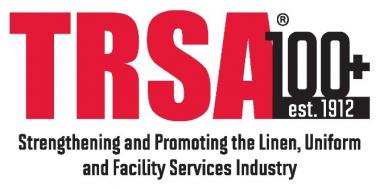NCTO Lauds Expected House Passage of USMCA
The National Council of Textile Organizations (NCTO) issued the following statement regarding the expected passage today of the U.S.-Mexico-Canada Agreement (USMCA) by the U.S. House of Representatives.
“Passage of the USMCA in the House today will mark a significant step forward in advancing the trade deal through Congress and we urge the Senate to pass it swiftly,” said NCTO President and CEO Kim Glas. “Mexico and Canada are the two largest export markets for the U.S. textile industry, totaling nearly $12 billion last year, and several provisions in USMCA will help producers expand and build new business in the critical Western Hemisphere supply chain.”
NCTO worked with the administration during negotiations on USMCA and successfully lobbied for several provisions and improvements that were subsequently incorporated in the trade deal that will close loopholes and strengthen U.S. Customs enforcement.
“We expect U.S. textile companies to export more to the region and invest more in the U.S. when USMCA is implemented,” Glas said. “Textile executives from North Carolina to New York have said they will seek to take advantage of the modifications in the trade deal and build new business in areas such as pocketing and sewing thread, as a result of stronger rules of origin and Customs enforcement.”
The USMCA updates and modifies the North American Free Trade Agreement (NAFTA) and makes significant improvements, including:
- Creation of a separate chapter for textiles and apparel rules of origin with strong customs enforcement language.
- Stronger rules of origin for sewing thread, pocketing, narrow elastics and certain coated fabrics. Under the current NAFTA, these items can be sourced from outside the region – USMCA fixes this loophole and ensures these secondary components are originating to the region.
- Fixes the Kissell Amendment Buy American loophole, ensuring that a significant amount the Department of Homeland Security spends annually on clothing and textiles for the Transportation Security Administration is spent on domestically produced products.
NCTO
NCTO







